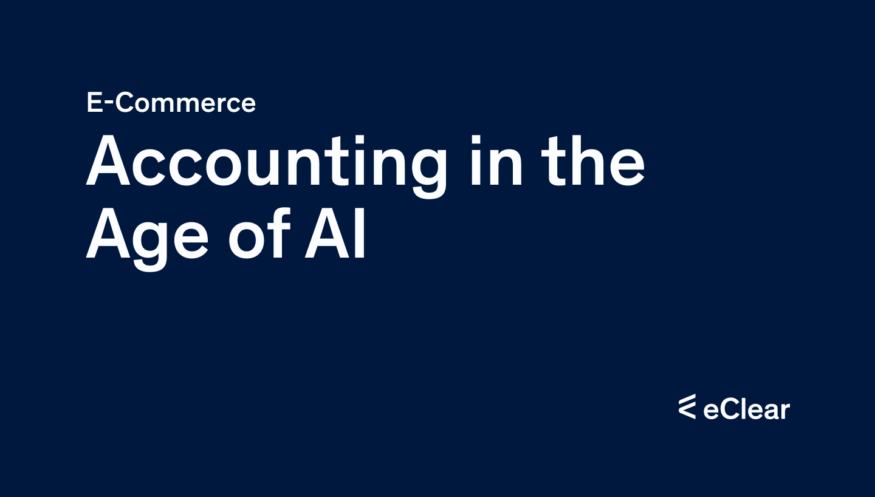Technological change
In an age where nothing works without technology, accounting is experiencing a renaissance. New technologies, particularly Artificial Intelligence (AI), have radically and irreversibly changed the traditional methods by which companies handle their financial transactions and processes. These transformational processes go far beyond automation; they are a catalytic shift, reshaping the financial industry landscape and revolutionizing the way accountants work.
Innovation in the financial industry
The financial industry is at the centre of this evolution. With the integration of advanced technologies such as Robotic Process Automation (RPA) and AI, monotonous and labour-intensive tasks such as invoice processing and dunning are being streamlined. This significantly increases efficiency, optimizes operational effectiveness, and strategically realigns accounting practices.

What exactly is Robotic Process Automation (RPA)?
Robotic Process Automation (RPA) is a transformative technology reshaping the landscape of business processes. Using software robots that mimic human-like functions, RPA enables the automation of repetitive and routine tasks in various business sectors such as financial services, healthcare, and customer service. These bots are programmed to perform multiple functions, such as logging into systems, filling out forms, and copying data between applications. They operate according to predefined rules and policies, resulting in more efficient and error-free execution.
Implementing RPA provides numerous benefits to organizations, including improved efficiency, reduced costs, and increased productivity. By freeing employees from time-consuming and monotonous tasks, RPA allows them to focus on more strategic and value-added activities. In addition, the technology promotes scalability and flexibility in business processes, as robots can work around the clock and adapt to changing business needs.
The potential of RPA still needs to be fully exploited.
A 2020 PwC study sheds light on the integration and application of Robotic Process Automation (RPA) in the accounting sector in the DACH region. It reveals that 54% of the companies surveyed have already adopted RPA technologies, focusing on automating bookings, reporting and accounts payable. Despite the widespread belief that implementing RPA could lead to job losses, the study reveals that 72% of companies using RPA have yet to lay off employees. It becomes clear that many companies have yet to realize the full potential of RPA, often due to overestimations about the complexity and cost of implementing these technologies. The study emphasizes that RPA helps increase process efficiencies, save time, and improve work output quality by relieving employees of repetitive and time-consuming tasks.

Strategic recalibration
However, this is not just a technological innovation. Instead, this change enables a strategic recalibration of accounting practices, allowing for a realignment of resources and improved operational agility. Accountants now find themselves in a world where their traditional roles are enhanced and improved by technological advances that enable more accurate, efficient and strategic alignment of financial processes.
Benefits of automation
Automation brings many benefits, foremost among them, improved accuracy and integrity of financial data. Human error, standard in manual processes, is significantly reduced, leading to more informed and strategically aligned business decisions. Employees find themselves freed from routine and administrative tasks, which increases individual productivity and contributes to an innovative and dynamic work environment.
The future of accounting
The future of accounting envisions a world where technology and people coexist symbiotically. Ongoing training and education of employees will be critical to working with new technologies and processes effectively. In a constantly changing world, the ability to adapt and innovate will be the hallmark of the next generation.

Let’s stay in touch!
Stay up-to-date on the latest market trends, best practices and regulatory changes affecting cross-border selling by following us on LinkedIn.







